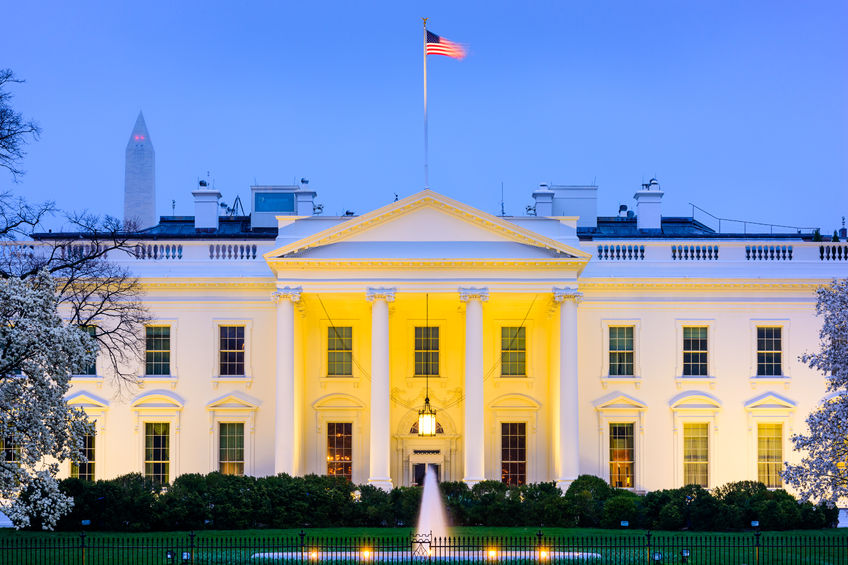
From threats of sweeping tariffs against specific countries, including Canada, industry-specific levies, and promises of reciprocal tariffs against its trading partners, the new U.S. approach to trade policy is threatening to upend established global trading practices, says Moody’s Ratings.
Since taking office on Jan. 20, the new U.S. administration has imposed 25% tariffs on Canada and Mexico (temporarily paused for 30 days), added a 10% levy on imports from China, promised new charges on steel and aluminium imports starting next month, and launched a process that aims to match tariffs that its trading partners currently charge on U.S. imports as soon as April 1.
This approach to setting tariffs by country, “jettisons an established practice under the World Trade Organization framework … which requires countries to extend the same trading terms to all of its trading partners,” the rating agency said.
Over time, this shift could lead to changes in trade practices for all the countries that take part in the global trading system, it said.
“A benign scenario would be one in which trade friction and negotiation lead trading partners to lower their trade barriers to maintain their access to the U.S. market,” it said.
Conversely, this could instead result in increasingly “fractious” trade relationships, “that lead to even higher trade barriers,” it said — adding, “History shows that trade barriers tend to stay up once they are implemented.”
While the U.S. objective appears to be reducing its trade deficit, raising government revenues and restarting U.S. manufacturing production, “bilateral tariffs are more likely to lead to trade diversion than a manufacturing revival,” Moody’s said. “It would also lower growth and raise prices of targeted goods.”
At the same time, tariffs that aim to target bilateral sector-specific trade deficits, “are likely to adversely affect intra-industry trade,” it said.
In particular, this new approach, “creates uncertainty for businesses in countries with bilateral surpluses with the U.S.,” including Mexico, Canada, the European Union, China, Japan, Korea and India, it said.